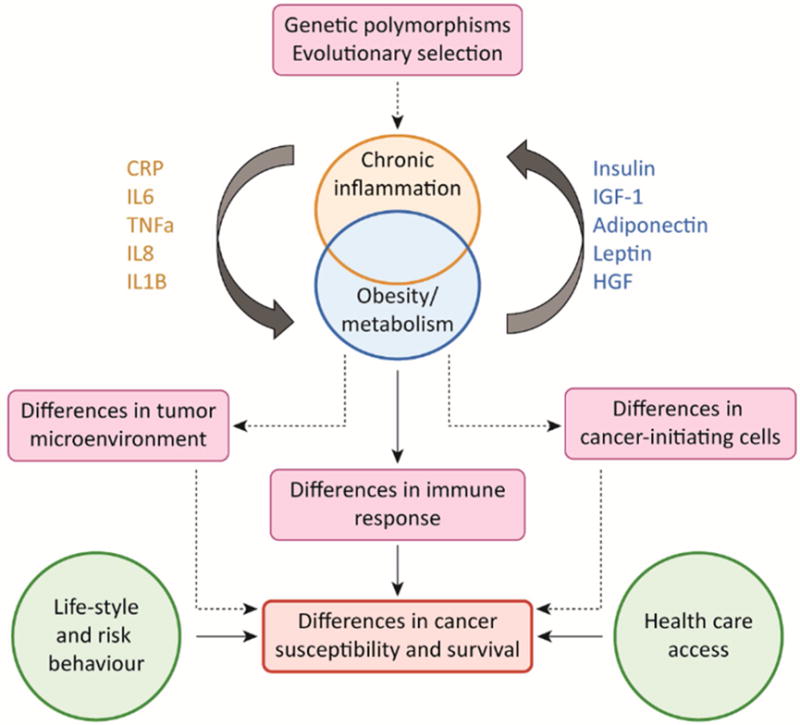Figure 3. Key Figure. Biological basis of disparity in cancer susceptibility among different races.

There is evidence for evolutionary selection of polymorphisms in the Th2 immune response in African populations. The prevalence of obesity in African Americans and Hispanics is significantly higher than in Caucasians and Asians. A major driver of obesity-related cancer is chronic inflammation, which is associated with an increased release of inflammatory cytokines such as TNFα, IL6, IL8, IL1-ß which results in imbalance of circulating adipose tissue cytokines or “adipokines”, such as leptin, adiponectin and hepatocyte growth factor (HGF). The racial differences in metabolism and inflammatory response contribute to differences in the immune system, how they affect cancer initiating cells and the tumor microenvironment needs to be explored. The disparity in cancer susceptibility and survival is presumably a consequence of biological and environmental factors, such as differences in life-style, risk behavior and health care access.
